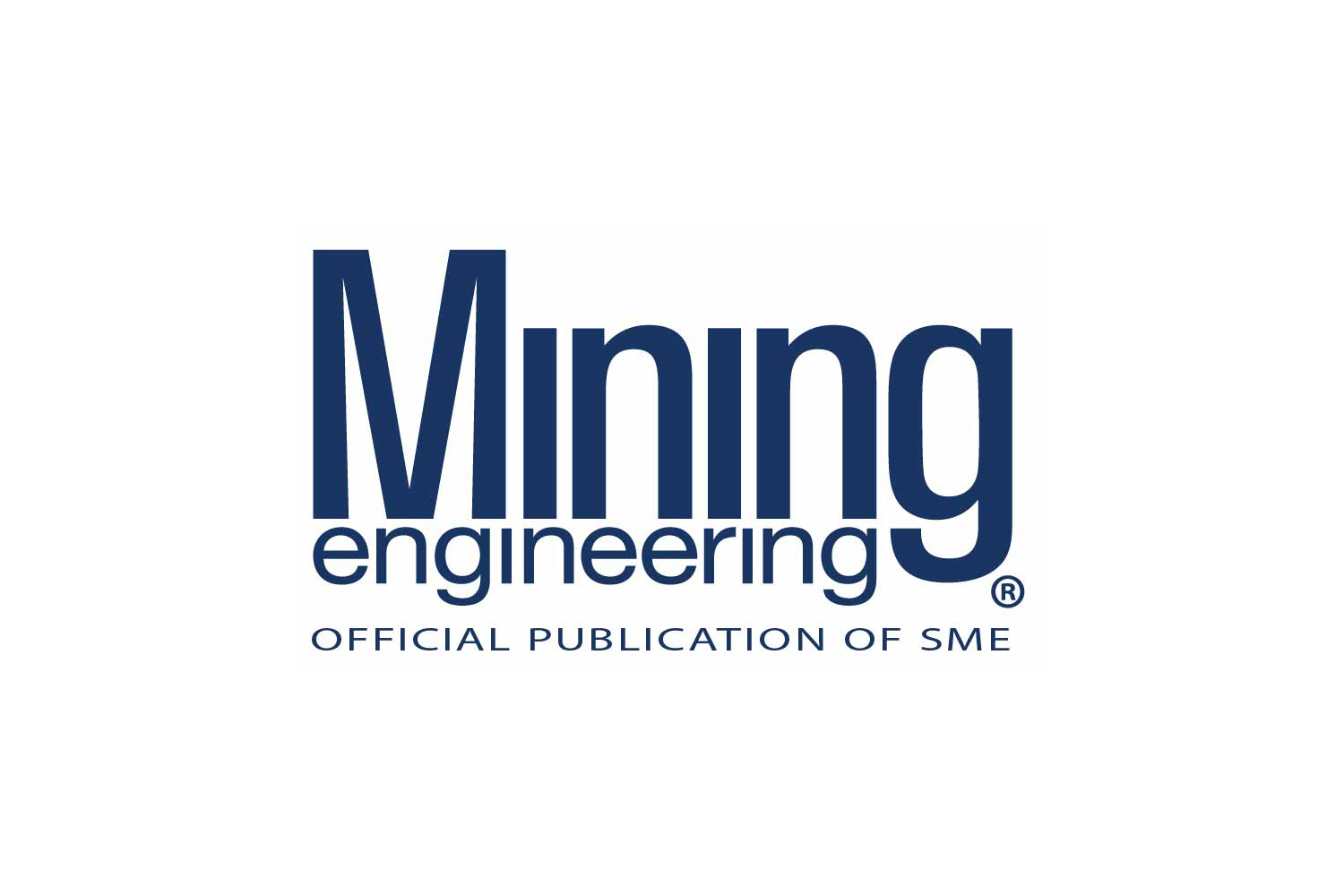
Richmond City, CA has approved a ban on the storage and handling of coal – a move that could have dire consequences for coal mining companies in Utah that rely on the West Coast terminal to move about 907 kt/a (1 million stpy) coal to Japan.
The Richmond City Council approved the measure that allows a three-year phaseout for the city’s one coal handler, the Levin-Richmond Terminal with a unanimous vote. Industry and labor unions opposed the measure.
Utah’s largest coal producer, Wolverine Fuels announced its intentions to pursue legal action in a letter to the council before a Dec. 3 hearing on the coal prohibition.
The Salt Lake Tribune reported that the coal industry and its political allies have argued that moves to block coal exports from West Coast ports have nothing to do with protecting public health and everything to do with keeping U.S. coal in the ground, putting American miners, truckers, rail engineers and others out of work.
A similar ban enacted by the nearby port city of Oakland got derailed when city officials tried to apply it to an export terminal proposed for an old military base under a development agreement with the city. A federal judge ruled that the city failed to demonstrate that coal handling posed a sufficient threat to public health to warrant prohibiting the developer from moving forward with his plans. That ruling is under review by the 9th U.S. Circuit Court of Appeals.
Oakland, meanwhile, has terminated the development contract, and Insight Terminal Solutions, the company that would build and operate that export terminal, has filed for Chapter 11 bankruptcy protection.
Wolverine Fuels is betting on the strength of the import market and has acquired much of Utah’s coal-handling infrastructure while pursuing plans to open a new mine in Emery County, known as Fossil Rock, and to expand the federal lease supporting its Skyline Mine by 120 acres.
In addition, Wolverine operates the Sufco and Dugout mines, producing a total of about 9 Mt/a (10 million stpy) of coal. The company’s export program interrupted a decade-long slide in Utah coal production.
For the past few years, Wolverine has shipped coal by rail to Richmond and the inland Port of Stockton on the Sacramento River. The Japan-bound ships, each with a capacity of 60 kt (66,000 st), are loaded about two-thirds full at Stockton, then floated downriver to Richmond’s deeper waters, where they are filled to capacity at the Levin terminal.
Taking Richmond out of play could effectively disrupt loading operations at Stockton if Wolverine cannot find another bay-side terminal to top off its ships. Such a scenario elevates the importance of the proposed Oakland terminal, which could handle 9.1 Mt/a (10 million stpy).
Utah lawmakers have pledged $53 million from state coffers to help build that terminal, estimated to cost $250 million and JERA Co., a major Japanese utility has emerged as a potential financial savior for the Oakland project.
JERA Co., has two new coal-fired power plants under construction and others proposed, is interested in buying 4 Mt/a (4.4 million stpy) of coal shipped each year through the Oakland terminal, according to a declaration Insight executive John Siegel filed in the bankruptcy case.
According to Siegel’s declaration, JERA’s bank, Sumitomo Mitsui, is in discussions with Insight to finance the full construction costs of the terminal. But all these efforts to push Utah coal overseas through the Bay Area could be moot if the courts side with Oakland and Richmond in the pending and threatened suits over their coal bans.
Photo: Shutterstock
Source : me.smenet.org
